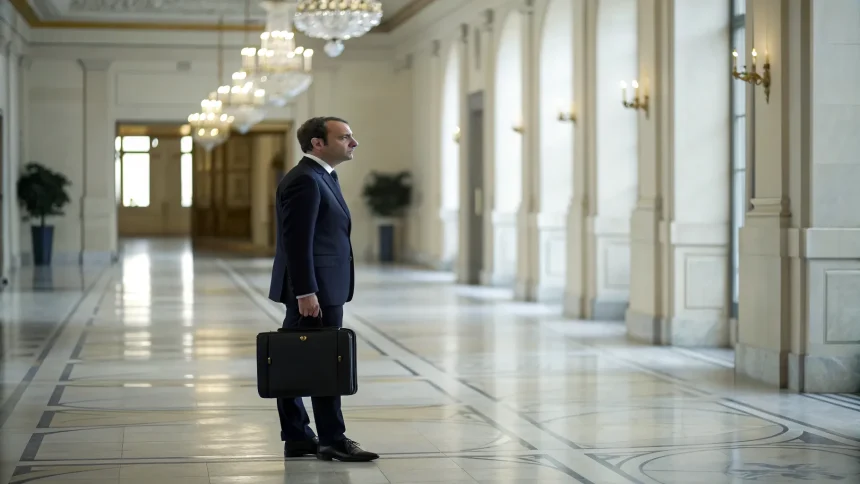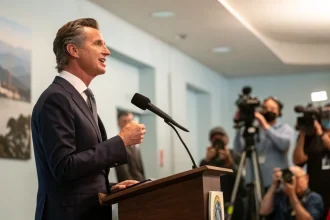French Prime Minister Sébastien Lecornu has resigned from his position just one day after assembling his government. The abrupt departure, occurring less than 24 hours after he had announced his cabinet selections, has sent shockwaves through French political circles.
The sudden resignation comes during a period of political uncertainty in France, as the country has been navigating a complex political landscape following recent elections that resulted in a fragmented parliament.
A Brief Tenure
Lecornu’s time as Prime Minister stands as one of the shortest in modern French history. After being appointed to the position and successfully forming what appeared to be a working cabinet, his unexpected exit raises questions about the stability of France’s executive branch.
Political analysts note that the rapid collapse of Lecornu’s government reflects the challenges of forming a stable administration in France’s current divided political environment. The Prime Minister had barely introduced his ministerial team to the public before announcing his departure.
Political Context
France has been experiencing political turbulence in recent months, with President Emmanuel Macron struggling to secure a working majority in parliament. This situation has made the formation of a stable government particularly difficult.
The resignation appears to highlight the ongoing challenges of coalition-building in a system where multiple political factions must find common ground. Lecornu’s brief tenure suggests he may have encountered insurmountable obstacles in creating a government that could effectively function and pass legislation.
Potential Implications
The immediate resignation creates several critical issues:
- Government continuity concerns as France now faces another leadership gap
- Questions about who might be appointed as the next Prime Minister
- Uncertainty regarding the status of the recently appointed cabinet ministers
- Potential delays in addressing pressing national issues
Financial markets may react to this political instability, as investors typically prefer clear governance structures. The euro could face pressure as political uncertainty tends to affect currency values.
Opposition parties have already begun to capitalize on the situation, with several leaders calling for broader changes to break the political deadlock. Some have suggested that a new approach to government formation may be necessary.
The President’s office has not yet announced a timeline for appointing a replacement, though constitutional procedures require relatively swift action to ensure governmental functions continue without major disruption.
As France navigates this unexpected political development, citizens and international observers alike will be watching closely to see how the country resolves this latest challenge to its governance structure.









